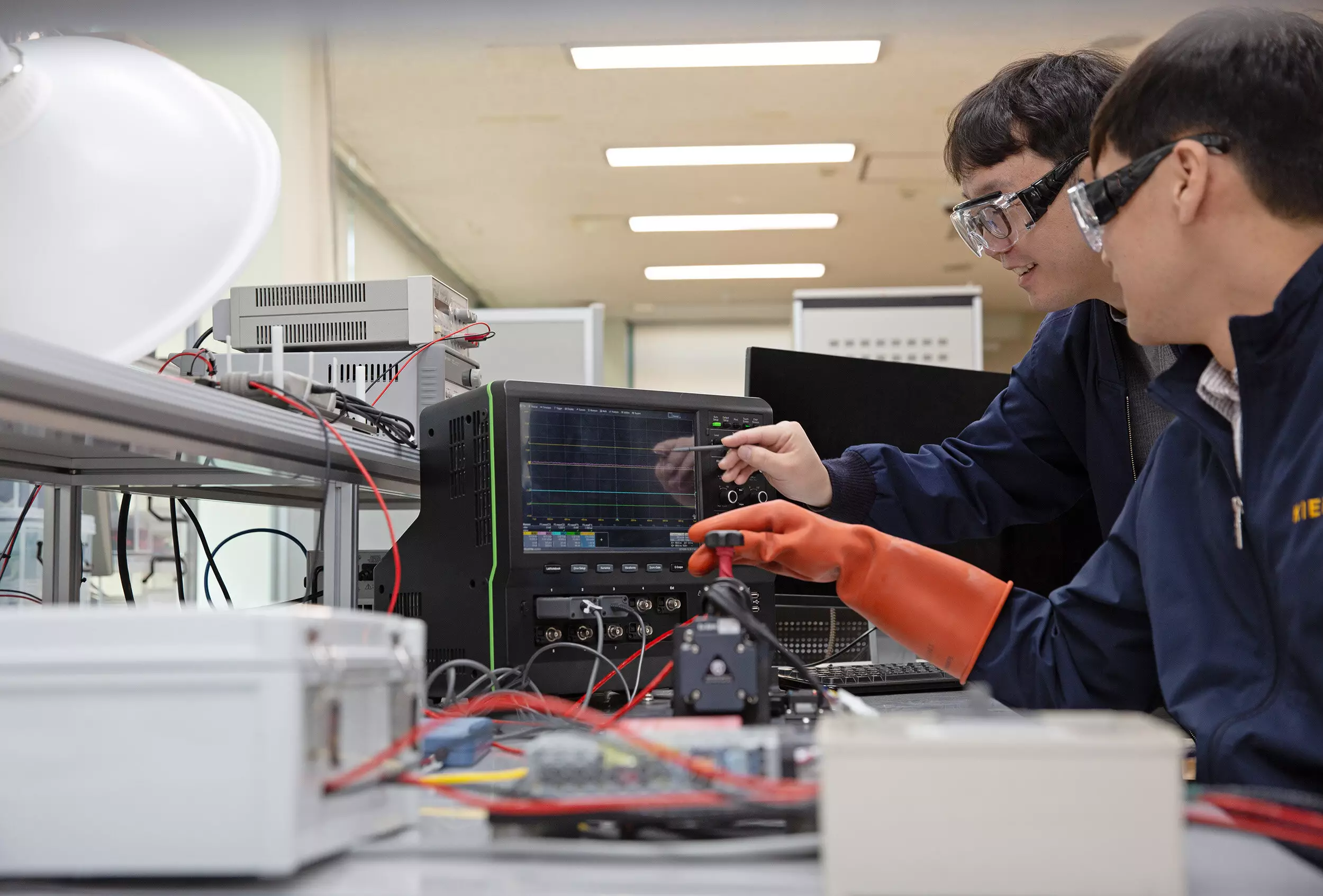In the past, buildings have been known as the main consumers of energy, but thanks to advancements in technology, this is changing. With the increasing use of high-end electrical appliances and the push for renewable energy solutions, such as solar panels and energy storage systems, there is a growing need for efficient building energy management. However, existing Building Energy Management System (BEMS) technologies have limitations that make it difficult to manage the diverse distributed resources within buildings effectively. This includes real-time status diagnostics and the optimization of resource operation.
Dr. Jeong Hak-geun and his research team at the Korea Institute of Energy Research (KIER) have developed a groundbreaking building energy management platform technology that addresses these challenges. By utilizing artificial intelligence and probabilistic/statistical methods, the platform can manage the real-time malfunctions and operating status of distributed resources within buildings. This automation of analysis, fault diagnosis, and resource operation optimization enhances efficiency and reduces energy costs.
One of the key features of the platform is its fault detection accuracy of over 98% for distributed resources. This high level of accuracy is achieved through the collection and analysis of various types of fault data and environmental data. Additionally, the platform incorporates next-generation secure communication technologies using quantum cryptography and quantum-resistant cryptography, making it highly resilient to cyber attacks.
Benefits and Achievements
After a year of verification in a mock-up testbed, the research team confirmed that the platform technology resulted in more than 17% energy cost savings compared to existing building energy management systems. Furthermore, the research outcomes have been exceptional, with 50 SCI(E)-level papers, 27 domestic and international patent applications, and 8 cases of technology transfer. These results demonstrate the excellence of the research outcomes and put the team on the path to commercialization.
Dr. Jeong Hak-geun emphasized that the developed platform is equipped with sophisticated algorithms for improving utilization efficiency and can be flexibly applied to various types of buildings, such as offices, factories, and hotels. By managing the fault status of distributed resources in real-time, the platform is set to revolutionize building energy management and pave the way for a more sustainable future.
Overall, the development of this building energy management platform technology represents a significant step forward in the quest for energy efficiency and sustainability. With its advanced capabilities and impressive results, it is clear that this innovative technology has the potential to transform the way buildings consume and manage energy, ultimately leading to a more sustainable and environmentally friendly future.


Leave a Reply